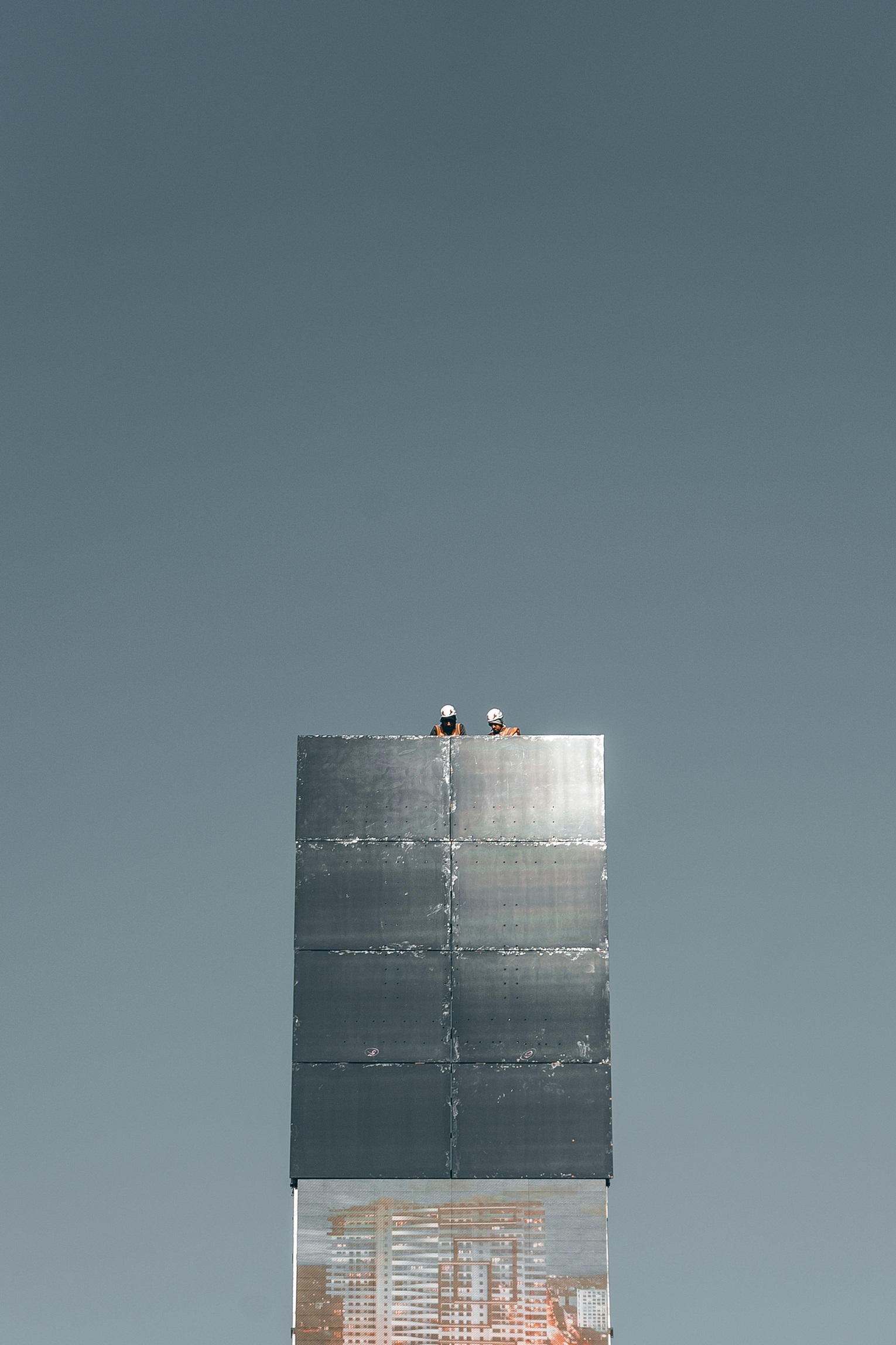Installing a commercial roof is a significant investment that requires careful planning and consideration. The right roofing system can protect your building, enhance energy efficiency and add value to your property. In this article, we will explore key factors you should consider to ensure a successful roofing project.
When it comes to installing a commercial roof, understanding the critical factors involved is essential for making informed decisions. Whether you are replacing an old roof or installing a new one, taking the time to evaluate different aspects can save you time, money and potential headaches in the future.
Choosing the Right Materials
The selection of materials is one of the most crucial aspects of commercial roofing. With numerous options available such as TPO, EPDM and metal roofing, it’s important to assess each material’s durability, energy efficiency and cost-effectiveness. It’s wise to utilise the services of professional commercial roofers as they can provide valuable insights into the pros and cons of each material based on your specific needs and budget.
Durability is paramount since commercial roofs are often exposed to harsh weather conditions. Opting for high-quality materials can extend the lifespan of your roof and reduce maintenance costs. Additionally, consider the energy efficiency of the materials; some options offer better insulation properties, which can lead to significant savings on energy bills over time.
Another important consideration when selecting roofing materials is their environmental impact. As sustainability becomes increasingly important in commercial construction, many building owners are opting for eco-friendly roofing options. These may include recycled or recyclable materials, green roofing systems that support vegetation, or cool roofing materials that reduce urban heat island effects. By choosing environmentally conscious materials, you not only contribute to sustainability efforts but may also benefit from potential tax incentives and improved public perception of your business.
Considering Local Climate Conditions
The local climate plays a vital role in determining the suitability of your roofing system. If you are located in an area with extreme weather conditions such as heavy snowfall or intense heat, choosing materials that can withstand these challenges is crucial. Local climate considerations should also influence the choice of insulation and ventilation systems integrated with your commercial roof.
For instance, in regions with heavy snowfall, a sloped roof design might be more effective in preventing snow accumulation and potential damage. On the other hand, areas prone to high temperatures could benefit from reflective roofing materials that reduce heat absorption. Understanding these climate-related factors helps ensure that your commercial roof performs optimally under various environmental conditions.
It’s also crucial to consider the potential impact of climate change on your roofing system. As weather patterns become more unpredictable and extreme events more frequent, future-proofing your commercial roof is essential. This may involve incorporating additional drainage systems to handle increased rainfall, reinforcing the structure to withstand stronger winds, or choosing materials with higher UV resistance for areas experiencing rising temperatures. Consulting with roofing experts who are knowledgeable about climate resilience can help you make choices that will protect your building for years to come.
Evaluating Installation Costs and Budgets
Budgeting for a commercial roofing project involves more than just considering the cost of materials. Labor expenses, permits and potential disruptions to business operations should also be factored into your financial planning. It’s essential to obtain detailed estimates from multiple contractors to compare prices and services offered.
While it may be tempting to opt for the lowest bid, remember that quality workmanship is critical to the longevity of your roof. Investing in experienced contractors who have a proven track record can save you money in the long run by reducing the likelihood of future repairs. Additionally, consider any warranties or guarantees provided by contractors as part of their service agreements.
Ensuring Proper Maintenance and Inspections
Once your commercial roof is installed, ongoing maintenance is key to preserving its condition and extending its lifespan. Regular inspections can help identify potential issues early before they become major problems. Establishing a maintenance schedule with your contractor ensures that routine checks and necessary repairs are performed promptly.
Moss buildup, debris accumulation and minor leaks are common issues that can be addressed through regular maintenance efforts. Proper upkeep not only protects your investment but also ensures compliance with any warranty requirements set by manufacturers or contractors. By staying proactive with maintenance, you can avoid costly emergency repairs and prolong the effectiveness of your commercial roofing system.
Wrapping Up
The installation of commercial roofing requires proper planning and thorough research. It is important to find the right materials to support and protect your building all-year round from different weather conditions. Conducting thorough research and utilizing the services of professionals can ensure you make a smart decision.

